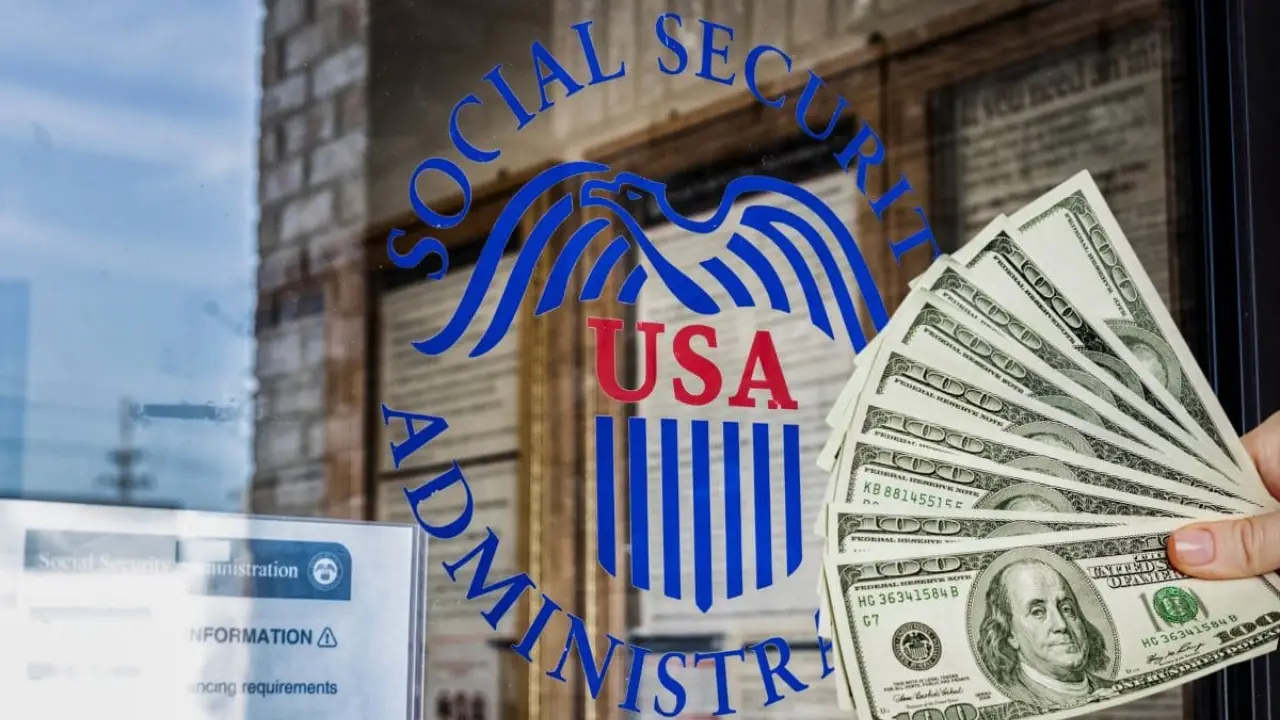The Social Security Administration (SSA) has announced a critical update that may impact millions of Americans.
While current Social Security payments are being made in full, rising costs and financial challenges may soon reduce or even stop these payments. This news has left many people wondering how long the program can sustain itself.
Starting in 2025, Social Security recipients will see a 2.5% increase in their benefits due to the annual cost-of-living adjustment (COLA).
For most beneficiaries, this increase will add about $50 to their monthly payments. Over 72.5 million Americans rely on Social Security and Supplemental Security Income (SSI), so this increase is welcome news. However, experts warn that the system’s long-term future is at risk.
Key Dates for Social Security
According to the Old-Age and Survivors Insurance (OASI) Trust Fund, Social Security can pay full benefits only until 2033.
After that, the fund’s reserves will be depleted, and only 79% of promised benefits will be available. Medicare’s Hospital Insurance (HI) Trust Fund will face a similar challenge by 2036, potentially paying only 89% of promised benefits.
One fund, the Supplementary Medical Insurance (SMI) Trust Fund, remains financially stable due to funding from enrollee premiums and federal contributions.
However, most of the other funds need urgent adjustments to remain solvent. Experts suggest solutions like increasing payroll taxes, raising wage limits for Social Security contributions, or reducing annual COLA increases.
Potential Benefit Cuts

If no action is taken to fix the system, Social Security beneficiaries could face significant cuts. A recent analysis by the Committee for a Responsible Federal Budget shows that by 2033, a typical two-earner couple could lose $16,500 per year in benefits.
A middle-class single worker might see their annual benefits drop by $8,200.
This estimate assumes that lawmakers will not take corrective measures before the trust fund runs out. However, political challenges make it difficult for either party to propose changes.
Cutting benefits or raising taxes is likely to face strong public opposition.
Public Concerns and Misunderstandings
Many Americans are worried about the future of Social Security. A recent Gallup poll found that 8 in 10 people believe the program might not be available when they retire.
Despite this fear, experts say Social Security is not going away entirely. Even if the trust fund is depleted, workers’ payroll taxes will continue to fund about 79% of promised benefits.
Nancy Altman, president of the advocacy group Social Security Works, reassures Americans that the program will remain active.
She emphasizes that the trust fund running out does not mean Social Security will disappear. However, beneficiaries should prepare for possible reductions in their monthly payments.
What Can Be Done?
To prevent significant benefit cuts, Congress must act soon. Experts recommend measures like:
- Increasing payroll tax rates: This would bring more revenue into the system.
- Raising wage limits: Higher earners would contribute more to Social Security.
- Adjusting COLA: Smaller annual increases could help reduce the program’s costs.
Without these changes, millions of Americans could face reduced benefits starting in 2033. For now, it’s essential for everyone to stay informed about the latest updates from the SSA and plan for potential adjustments in their finances.
Social Security remains a lifeline for millions, but its future depends on timely action from policymakers.




